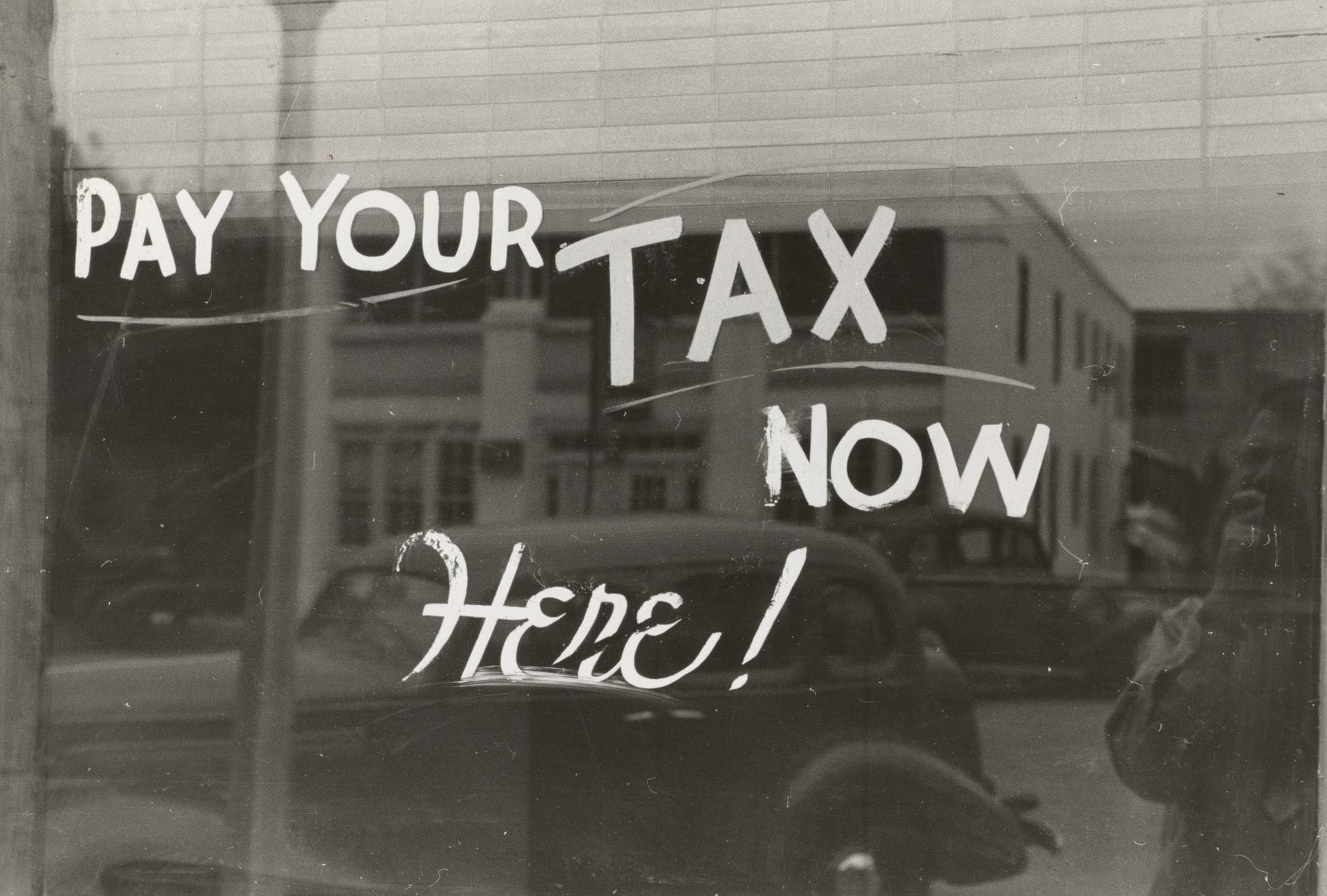What's Tax Abatement? Breaking Down the Regulations
Property taxes could be one of the significant costs you incur when you own a property. Tax abatement can change that. What is tax abatement?
Jan. 21 2022, Published 10:07 a.m. ET

On January 19, 2022, automaker General Motors’ tax abatement request was unanimously approved by Orion Township’s board of trustees. GM made the request to expand its proposed $1.3 billion Orion Assembly Plant. According to The Detroit Free Press, the company requested the tax abatement for 12 years plus three years for the construction phase. The expansion is expected to create an estimated 2,000 jobs by 2028. What's a tax abatement?
An abatement is a reduction or an exemption of a tax for an individual or a company. In effect, a tax abatement lowers the tax liability. While tax abatements are most commonly associated with real property, they can also apply to personal property. For example, a tax incentive is a type of tax abatement.
What's the purpose of tax abatement?
Abatement is a kind of taxation strategy that's used by various governments to encourage activities like investment in capital equipment or to stimulate growth in a particular area. For example, you might get a tax abatement if you open a factory in an area with high unemployment. Usually, a tax abatement waives off property taxes for the first 5 or 10 years that your business is open.

New York City started the tax abatement program called the 421a Exemption in the early 1970s. People were moving out of the city and residential development slowed down. In the wake of the COVID-19 pandemic, the city revived the tax abatement to encourage development and stimulate the economy.
Who qualifies for tax abatement?
Usually, it isn't a person that's eligible for tax abatement but the property. Every tax abatement is different and there isn't a general rule for qualification. The abatement regulations are different for different regions and businesses, depending on the particular tax authority’s motive, local tax rates, and other factors. The regulations could be created by federal, state, or local governments and can vary in length of time, requirements, and restrictions.
In some cases, your annual income might impact eligibility for an abatement. If the authorities are using abatement to promote homeownership, the incentives might be available only for low to middle-class people and properties up to a particular value. Some cities will grant abatements only after the buyer performs certain agreed-upon improvements to the land or buildings on the property.
As long as you and your property meet the tax authority’s requirements, you should get the tax abatement if you own the property. Also, tax abatements follow the property, so if you sell it and there are still three years left on the abatement, the new owner gets the advantage of the abatement for the remaining years. You can find tax abatement programs available in your area by simply conducting an online search for “tax abatement programs” in your area.
What happens when tax abatement ends?
Tax abatement is a temporary reduction of taxes but it could still last for years. At the end of the abatement period, the person owing it becomes liable for paying taxes in full, comparable to what others in the neighborhood typically pay. People who don’t adequately plan for the end of tax abatements might not be able to afford these properties. The expiration of tax benefits could lead to forced sales of these properties.
